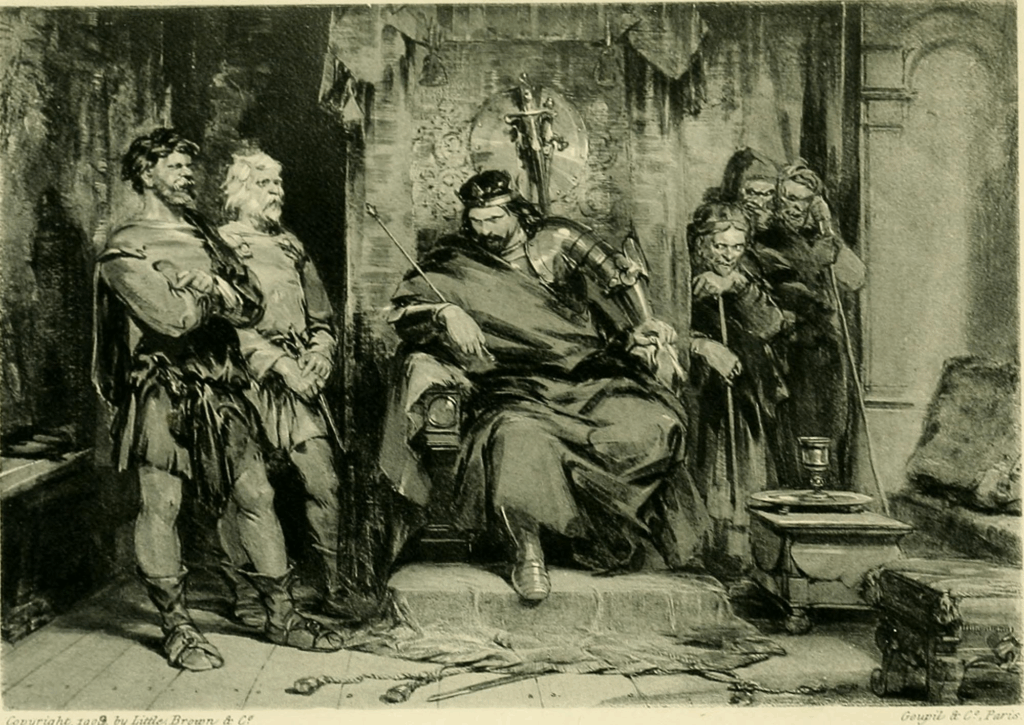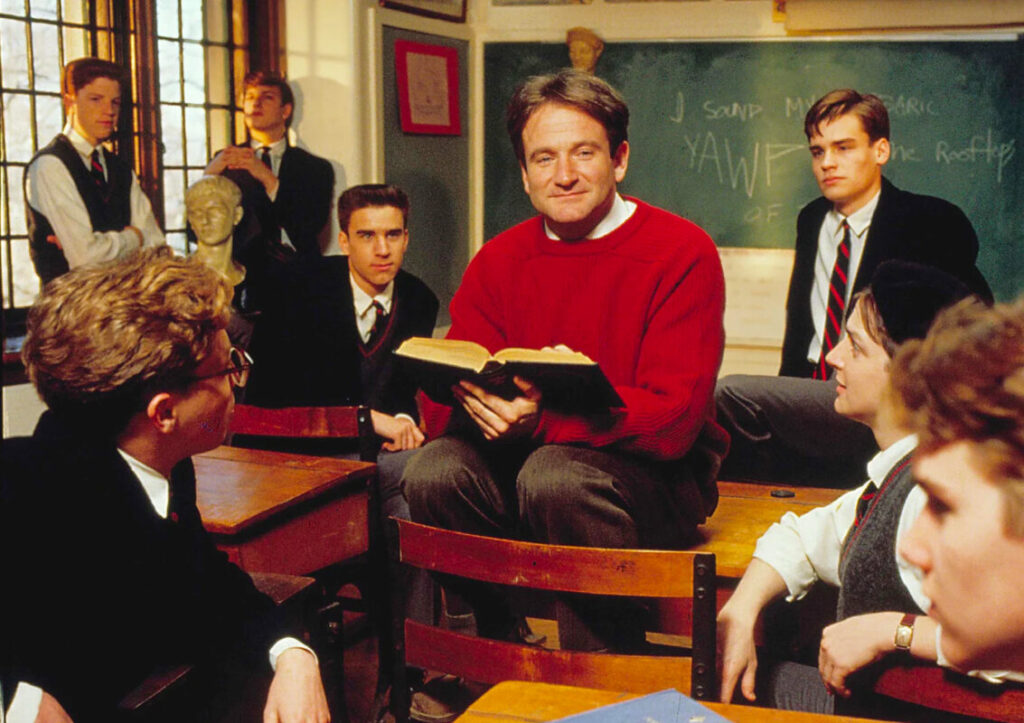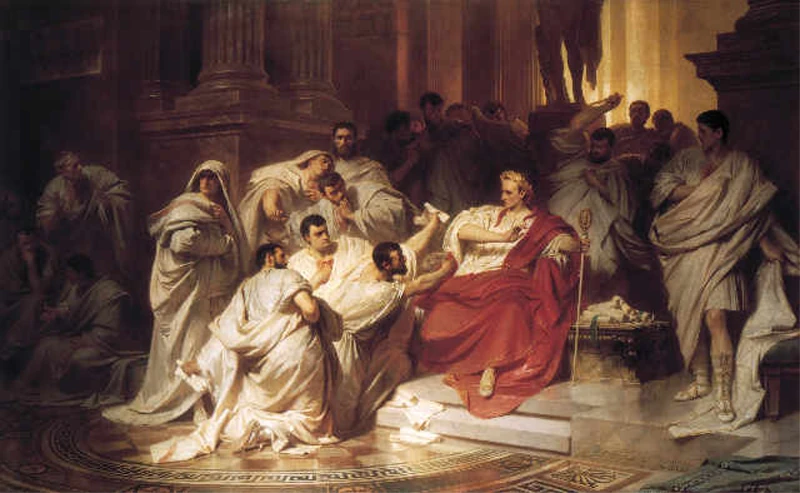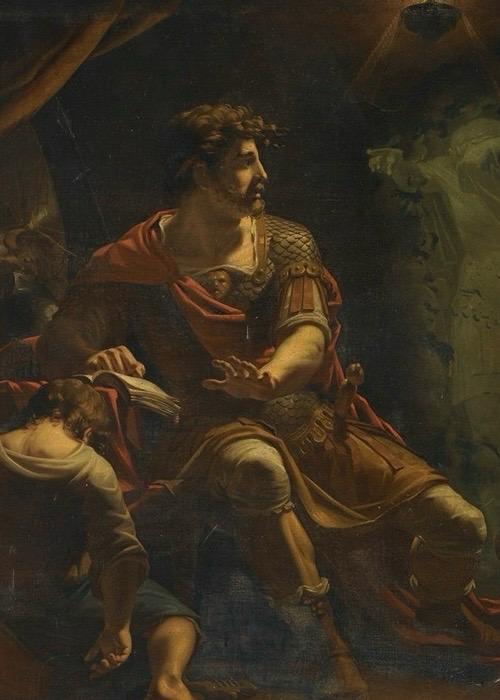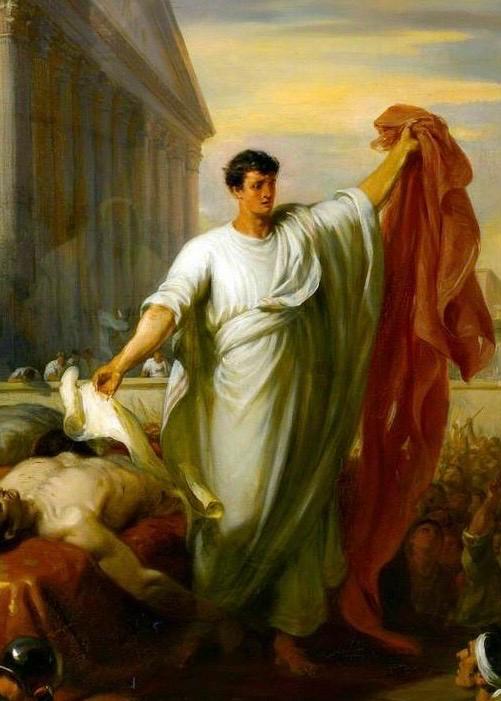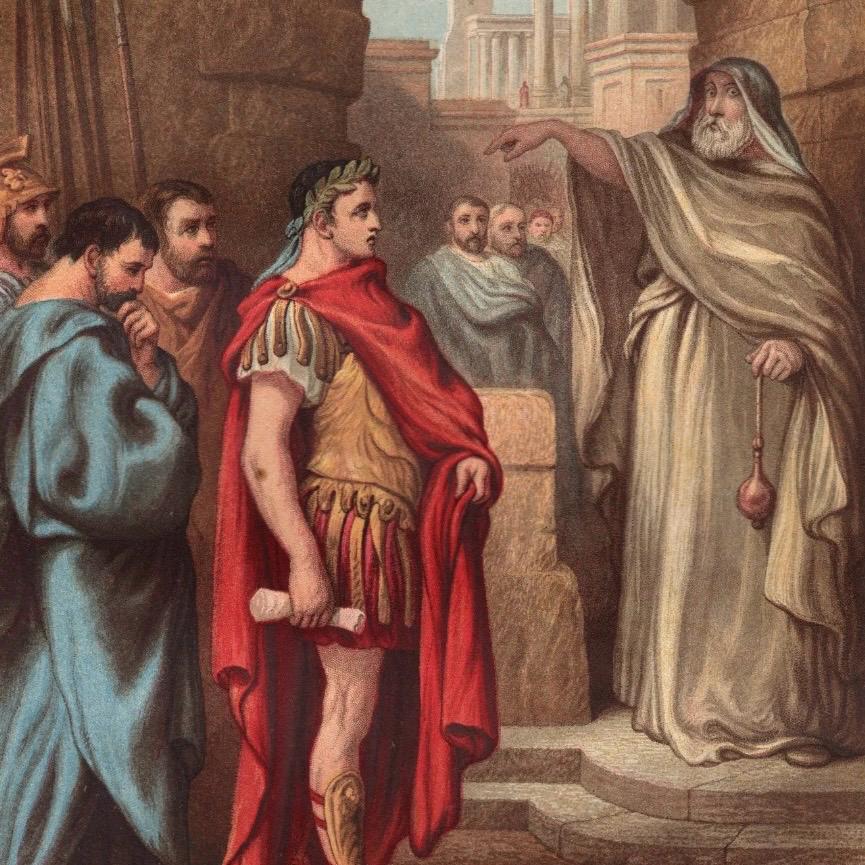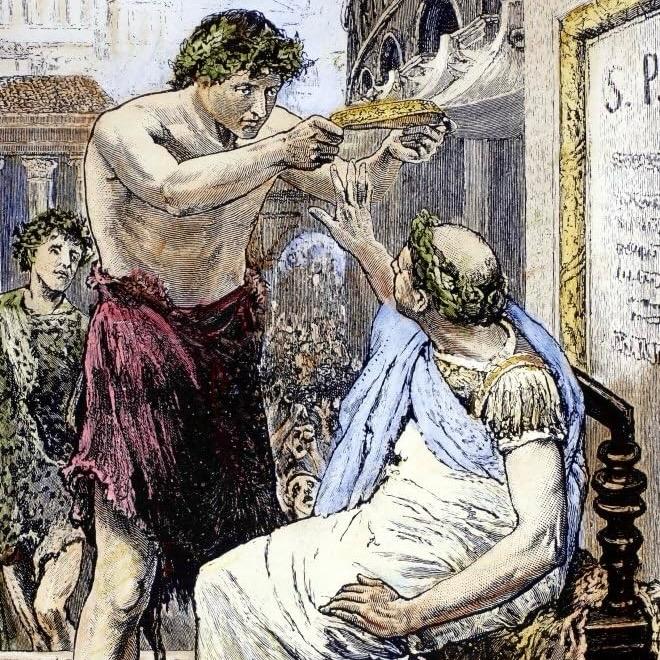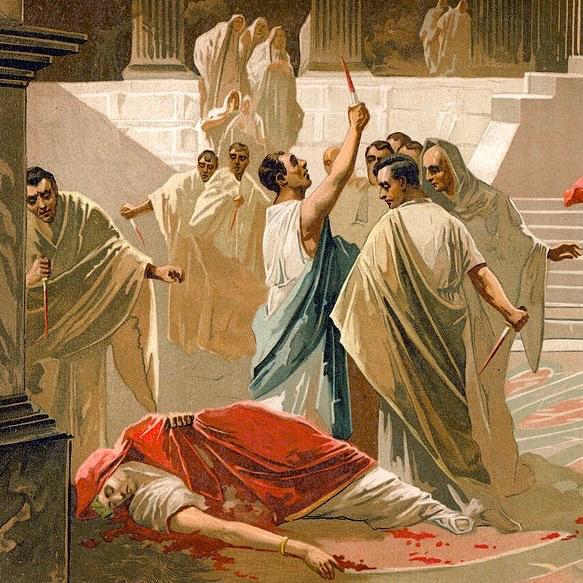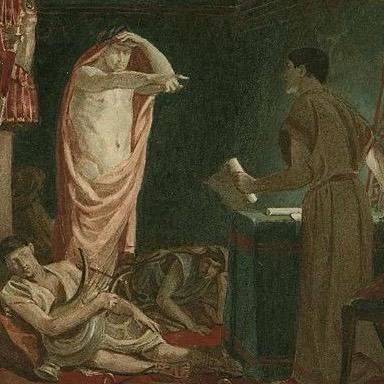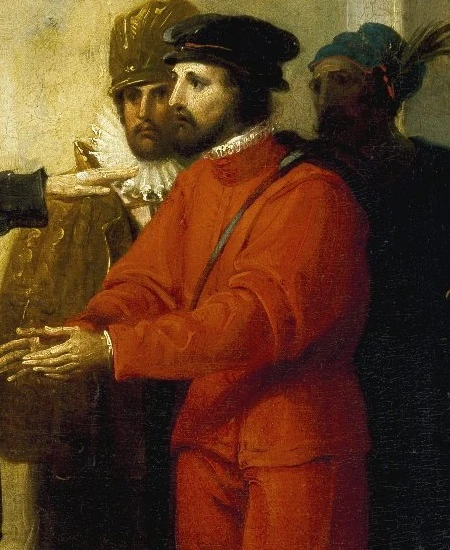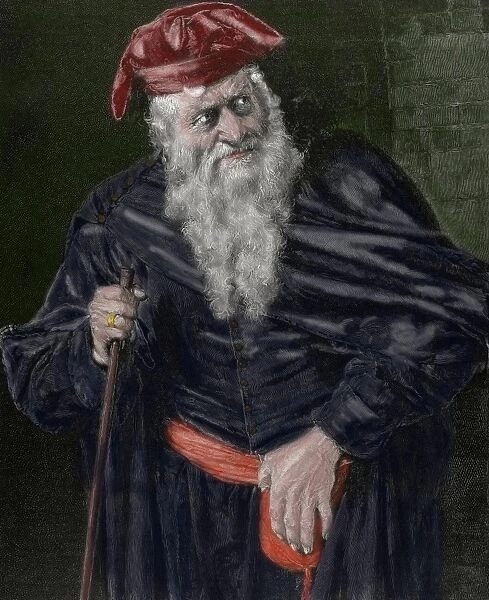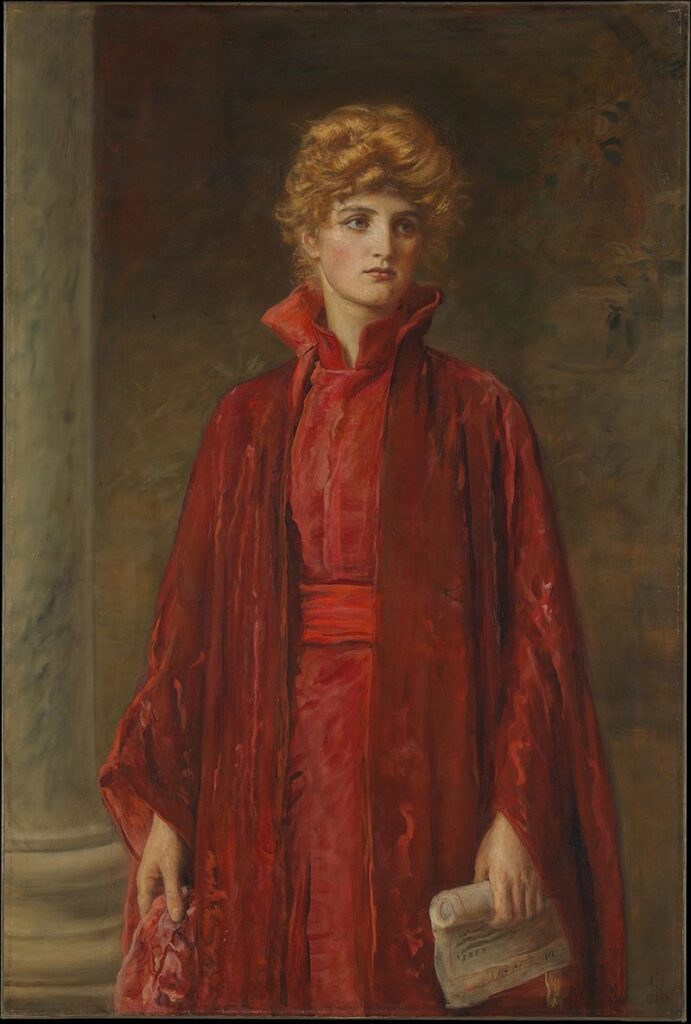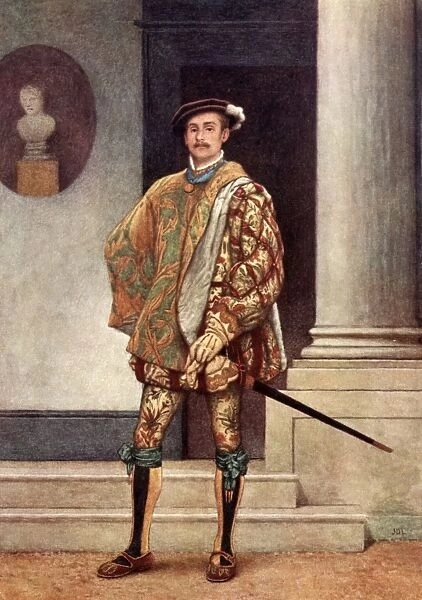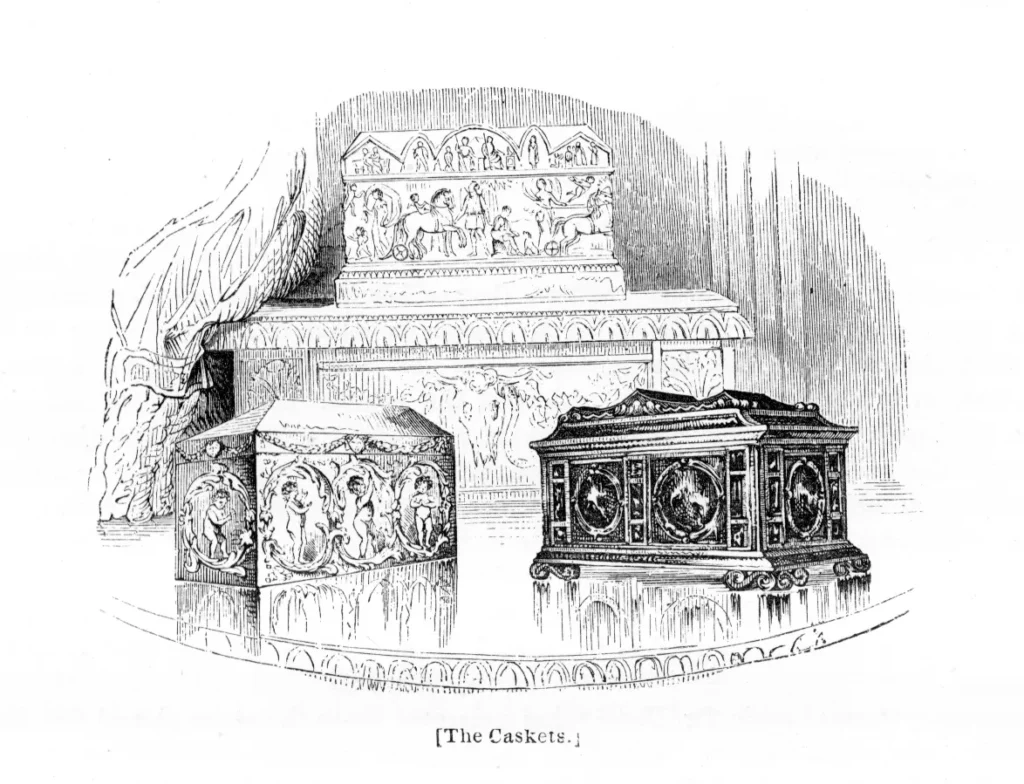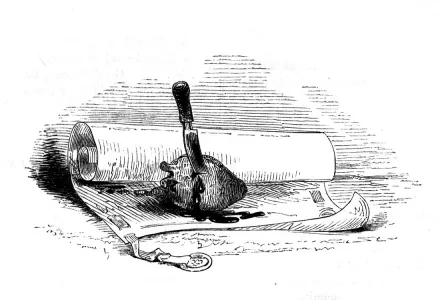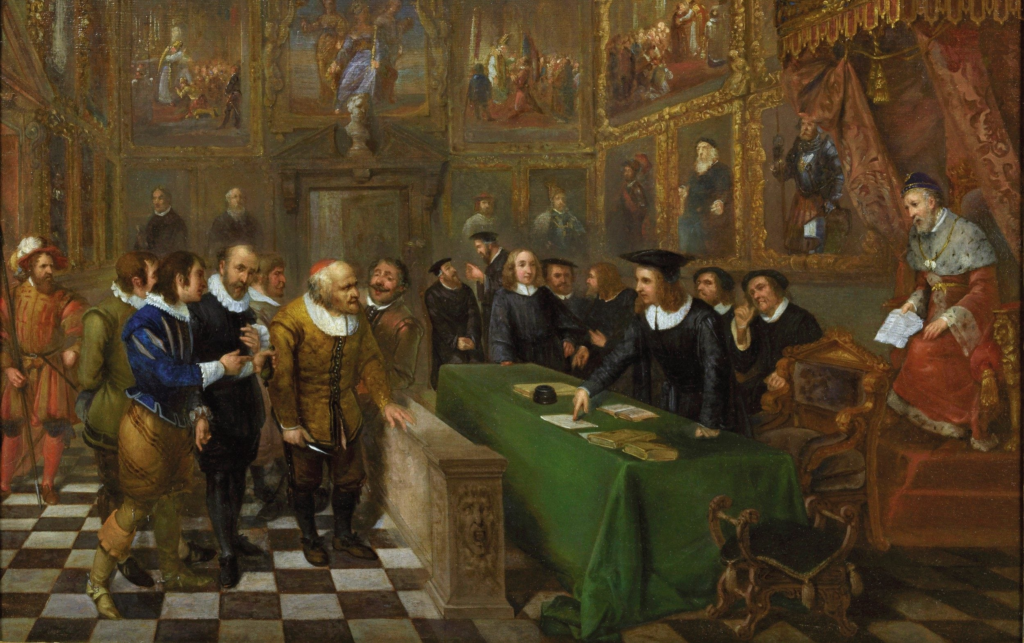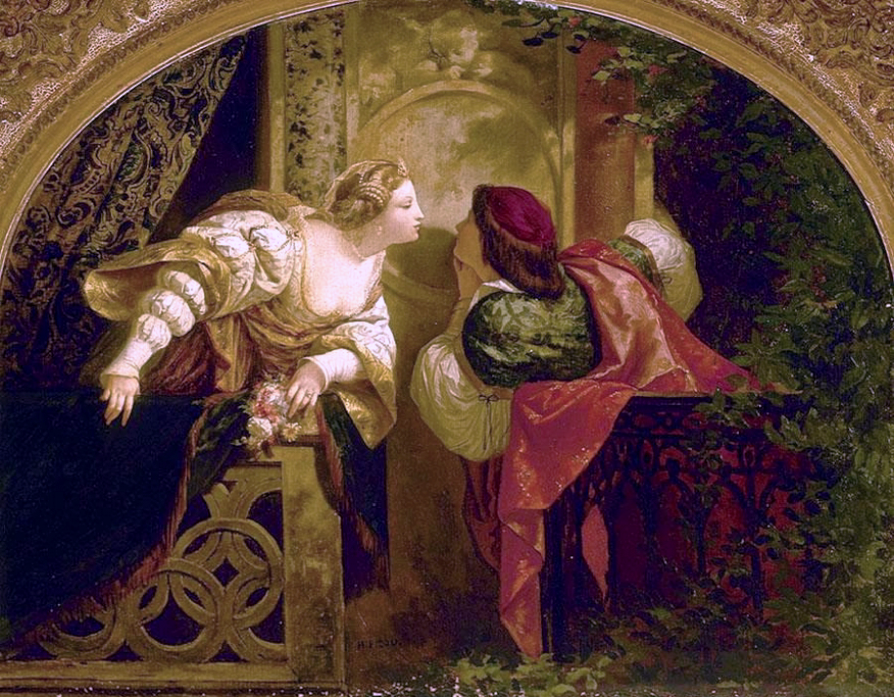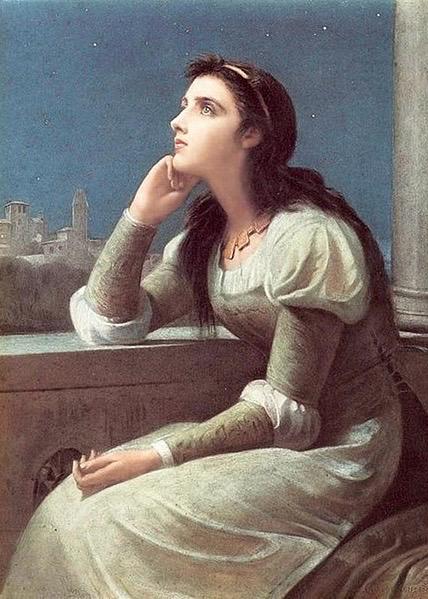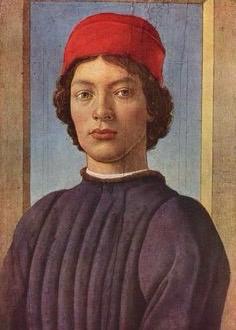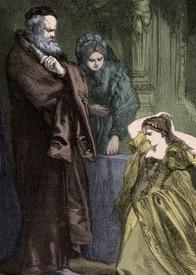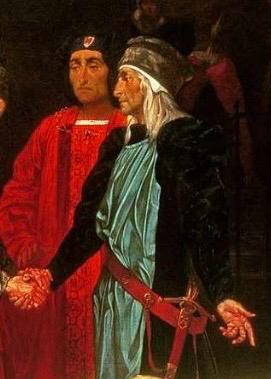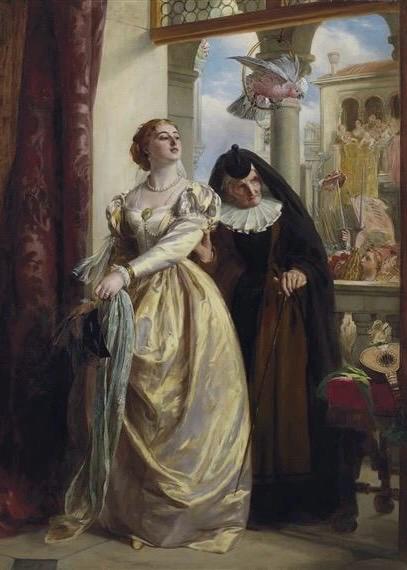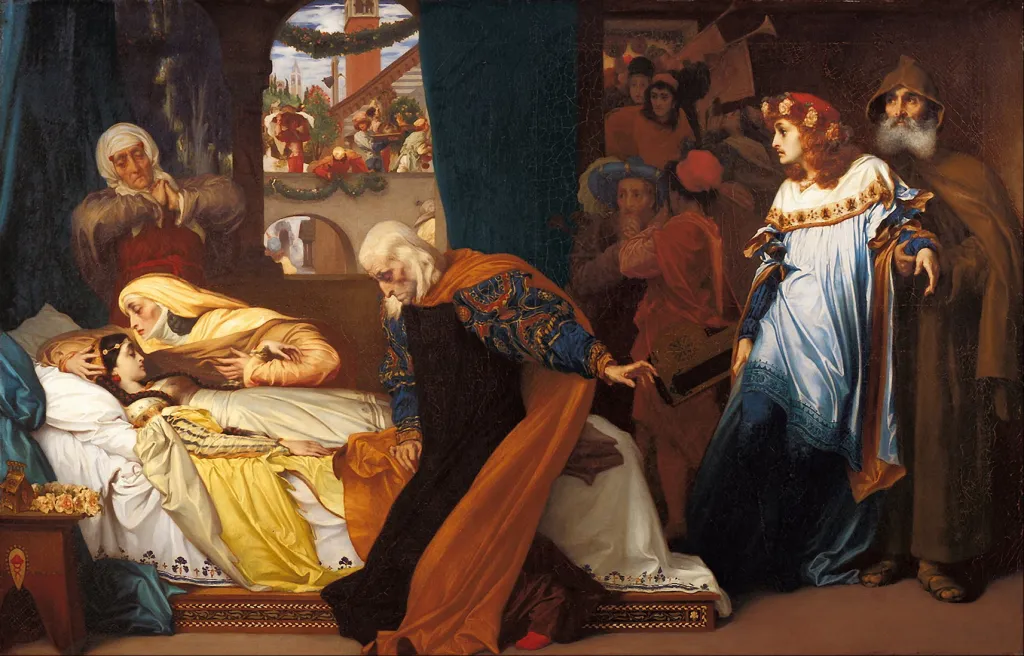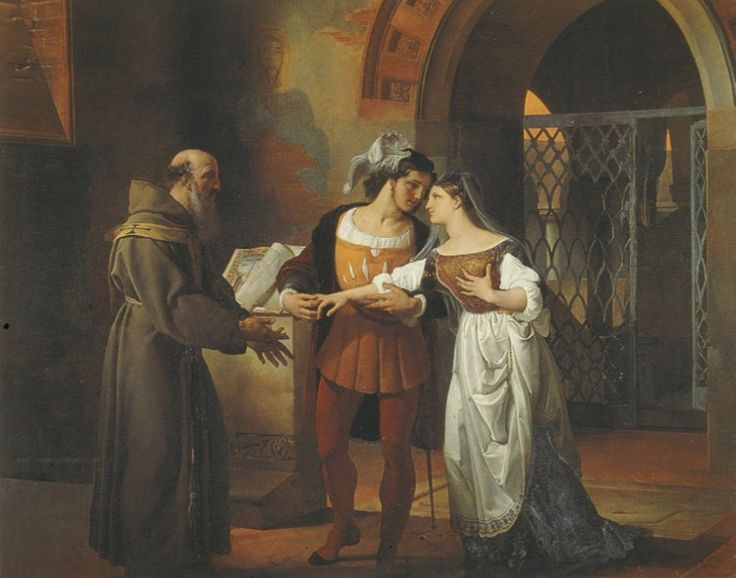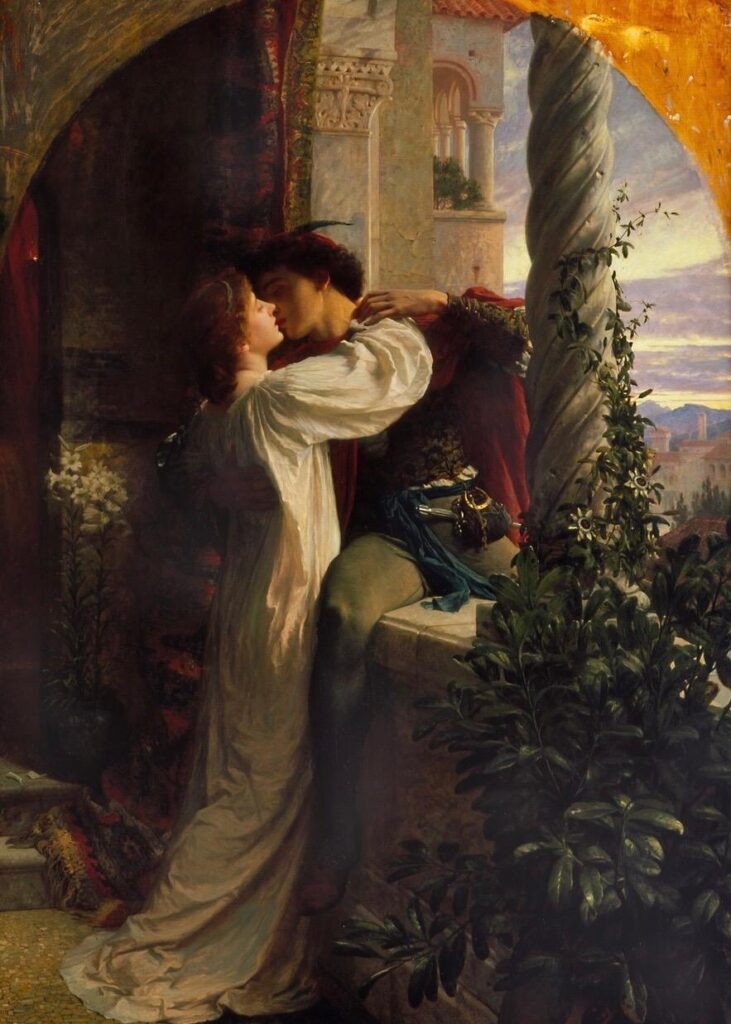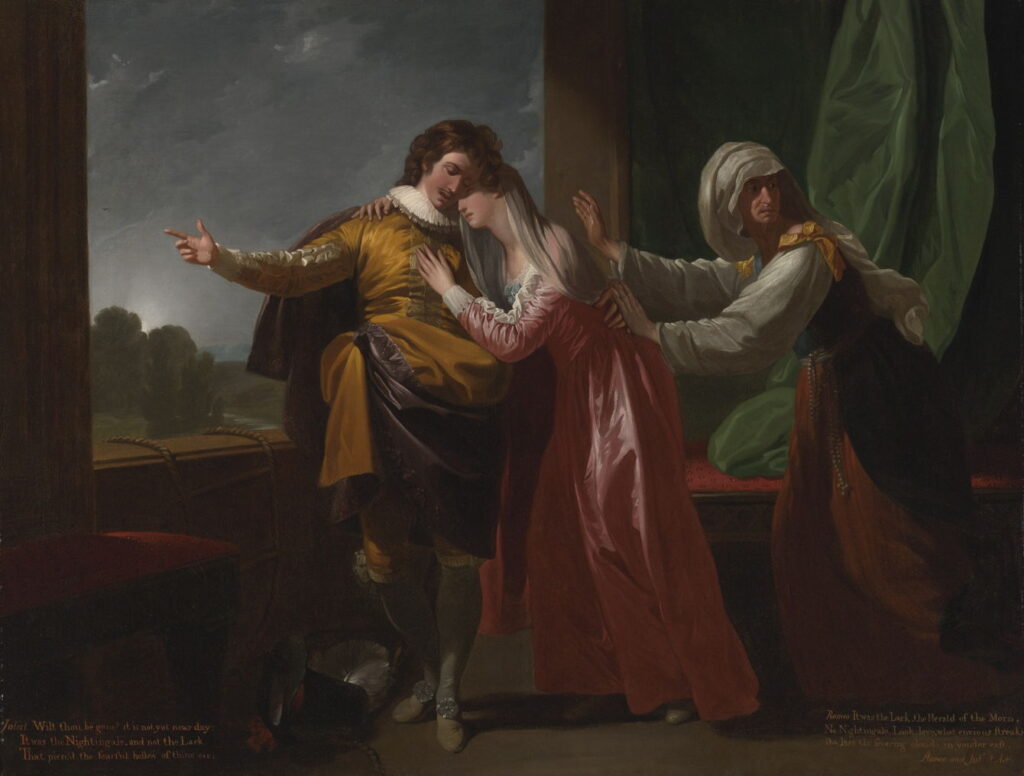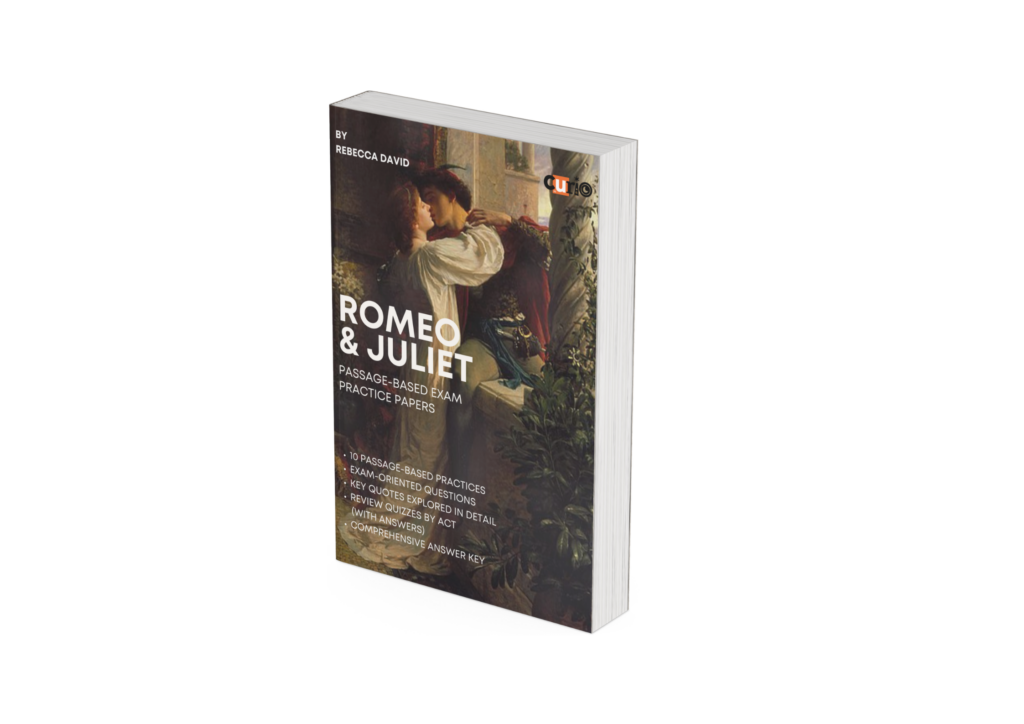“The little radio with its four terminals and trailing aerial sits motionless on the floor between them all like a miracle."
― Anthony Doerr, All the Light We Cannot See

Here are selected quotes from All the Light We Cannot See by Anthony Doerr that highlight important motifs throughout the novel, such as light and darkness, radios, and seeing versus not seeing. These quotes help show how recurring ideas are used to deepen meaning and connect the characters’ experiences during World War II.
| Motifs | Quote |
|---|---|
| Bombs | “They have a bomb called the Secret Signal. It makes a sound, and everyone who hears it goes to the bathroom in their pants!” “At some point, several distinct thumps travel into the museum from the gardens or the streets beyond, as if someone is dropping sacks of cement mix out of the clouds. With each impact, the thousands of keys in their cabinets quiver on their pegs.” “Doors soar away from their frames. Bricks transmute into powder. Great distending clouds of chalk and earth and granite spout into the sky. All twelve bombers have already turned and climbed and realigned high above the Channel before roof slates blown into the air finish falling into the streets.” “A roar leaped down upon them, a sound so loud it was like a weapon itself, consuming everything, quaking the very crust of the earth…” “Nails in the timbers shriek and sigh. Bits of plaster and brick and glass cascade onto the floor…” “Shells are careening overhead, quaking the cellar like passing freight trains.” |
| Radio | “The little radio with its four terminals and trailing aerial sits motionless on the floor between them all like a miracle.” “Violins, horns, drums, speeches – a mouth against a microphone in some faraway yet simultaneous evening – the sorcery of it holds him rapt.” “Radio: it ties a million ears to a single mouth.” “That little attic bursting with magenta and aquamarine and gold for five minutes, and then the radio switches off, and the gray rushes back in…” |
| Light | “Bees are silver;pigeons are ginger and auburn and occasionally golden. The huge cypress trees she and her father pass on their morning walk are shimmering kaleidoscopes, each needle a polygon of light.” “So how, children, does the brain, which lives without a spark of light, build for us a world full of light?” “I heard that the diamond is like a piece of light from the original world. Before it fell. A piece of light rained to earth from God.” “The whole city is dark. No streetlights, no lights in windows.” “His handgun is black; it seems to draw all the light in the room toward it.” “Why doesn’t the wind move the light?” “So really children, mathematically, all of light is invisible.” |
| Repeated phrases/thoughts | “What you could be.” “Open your eyes and see what you can with them before they close forever.” “I will never leave you, not in a million years.” “Who is the weakest?” “But was it decent to leave him out there like that? Even after he was dead?” |
| Objects | The diamond/Sea of Flames/Khon-Ma Model buildings/cities Key |









